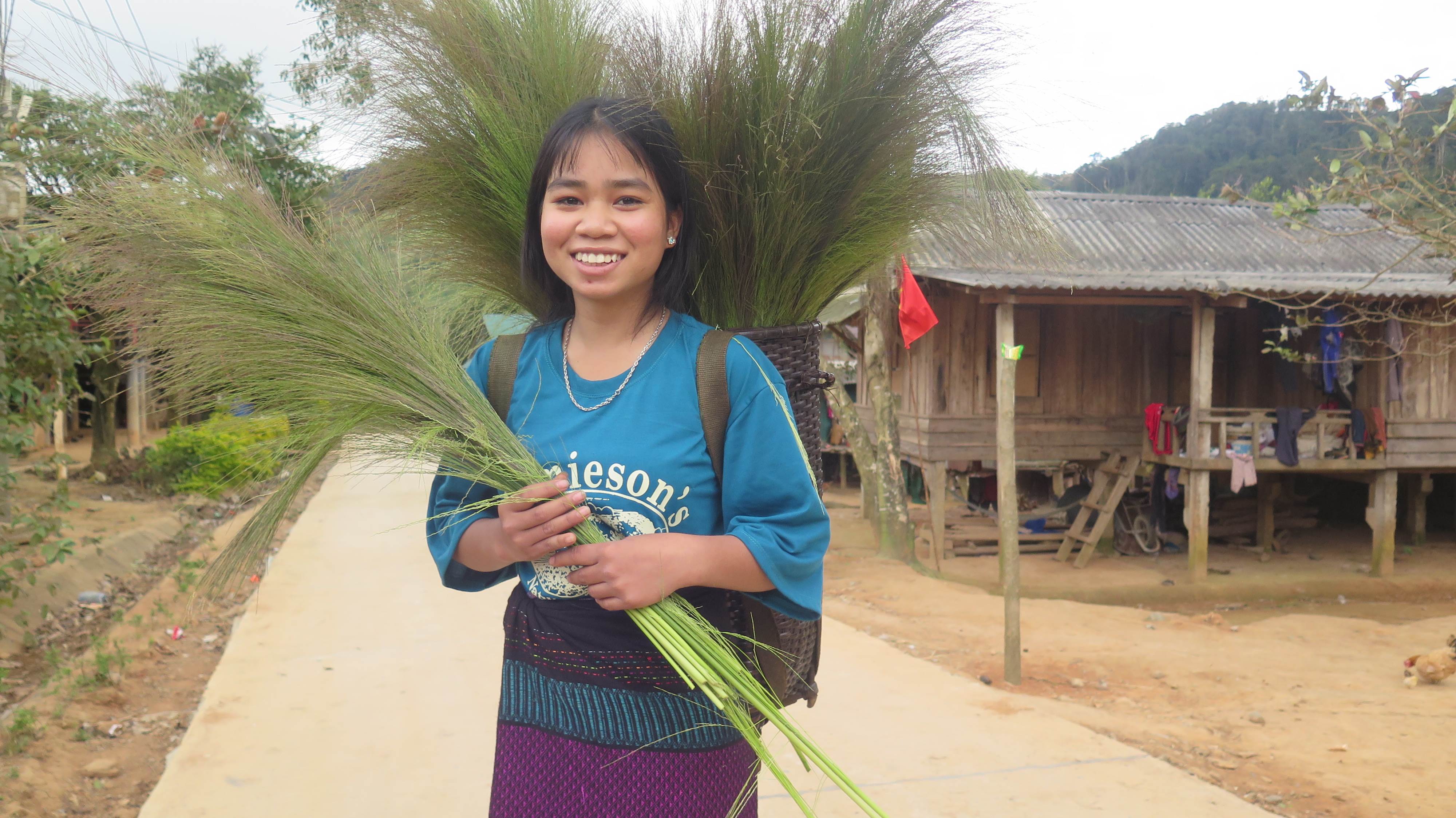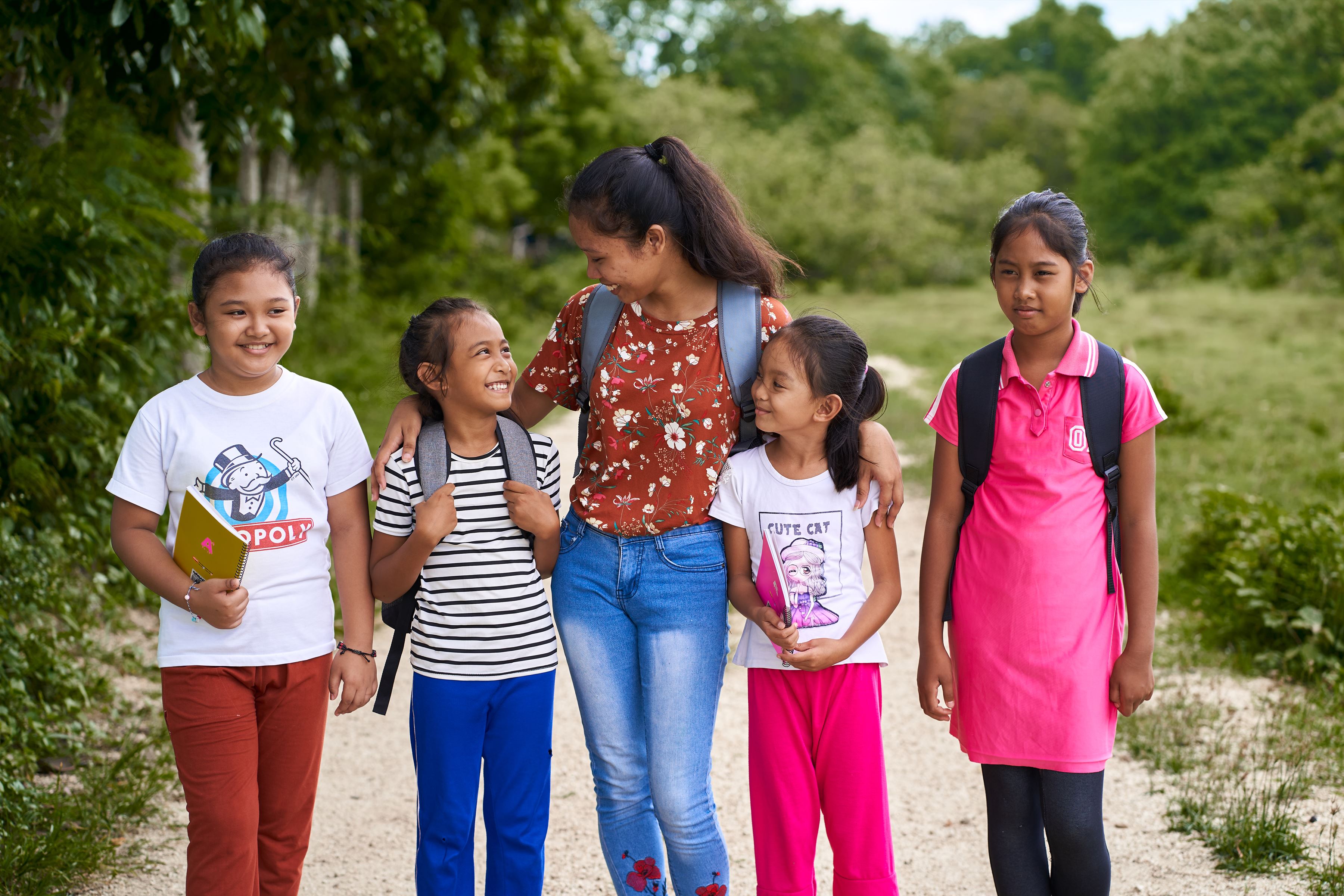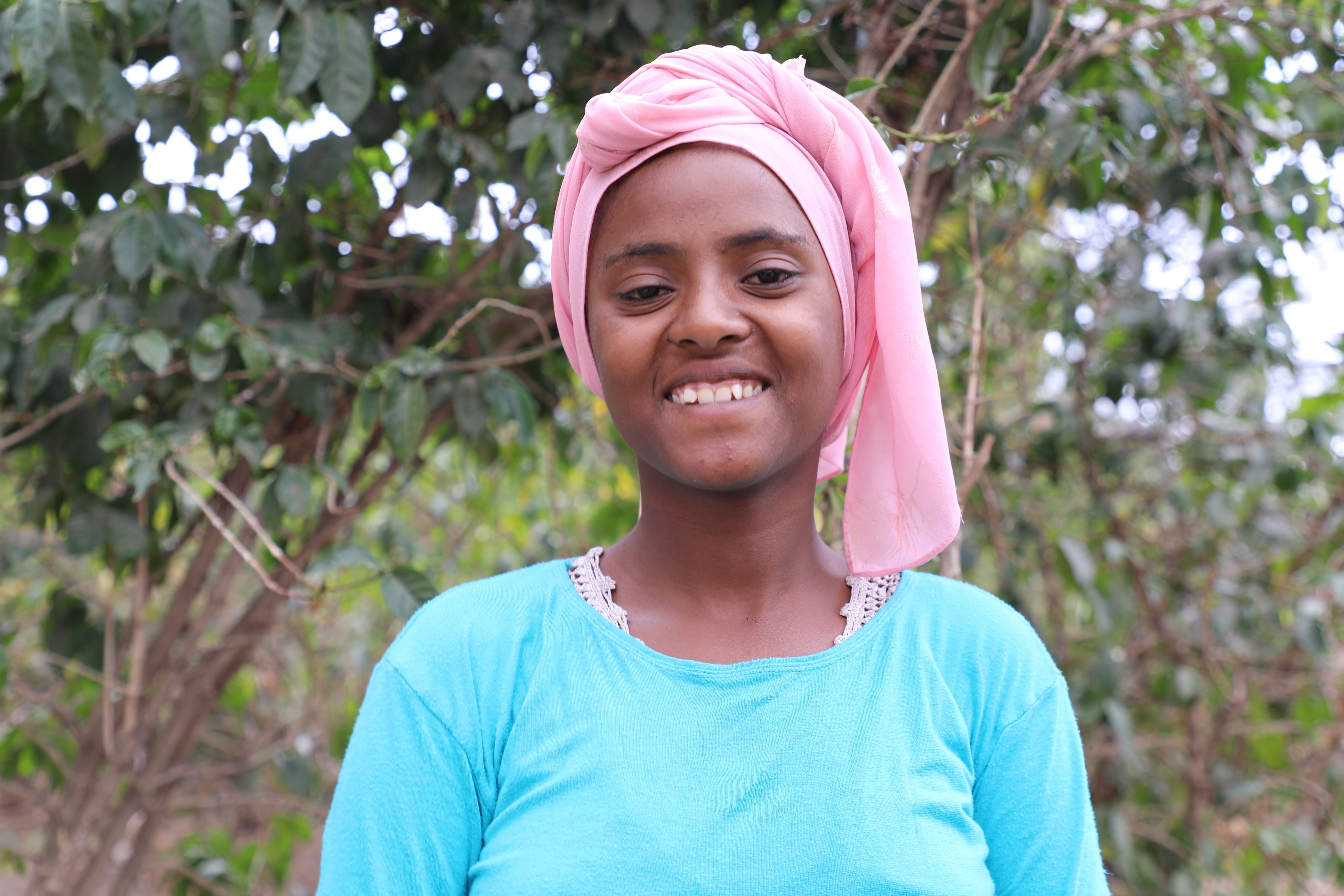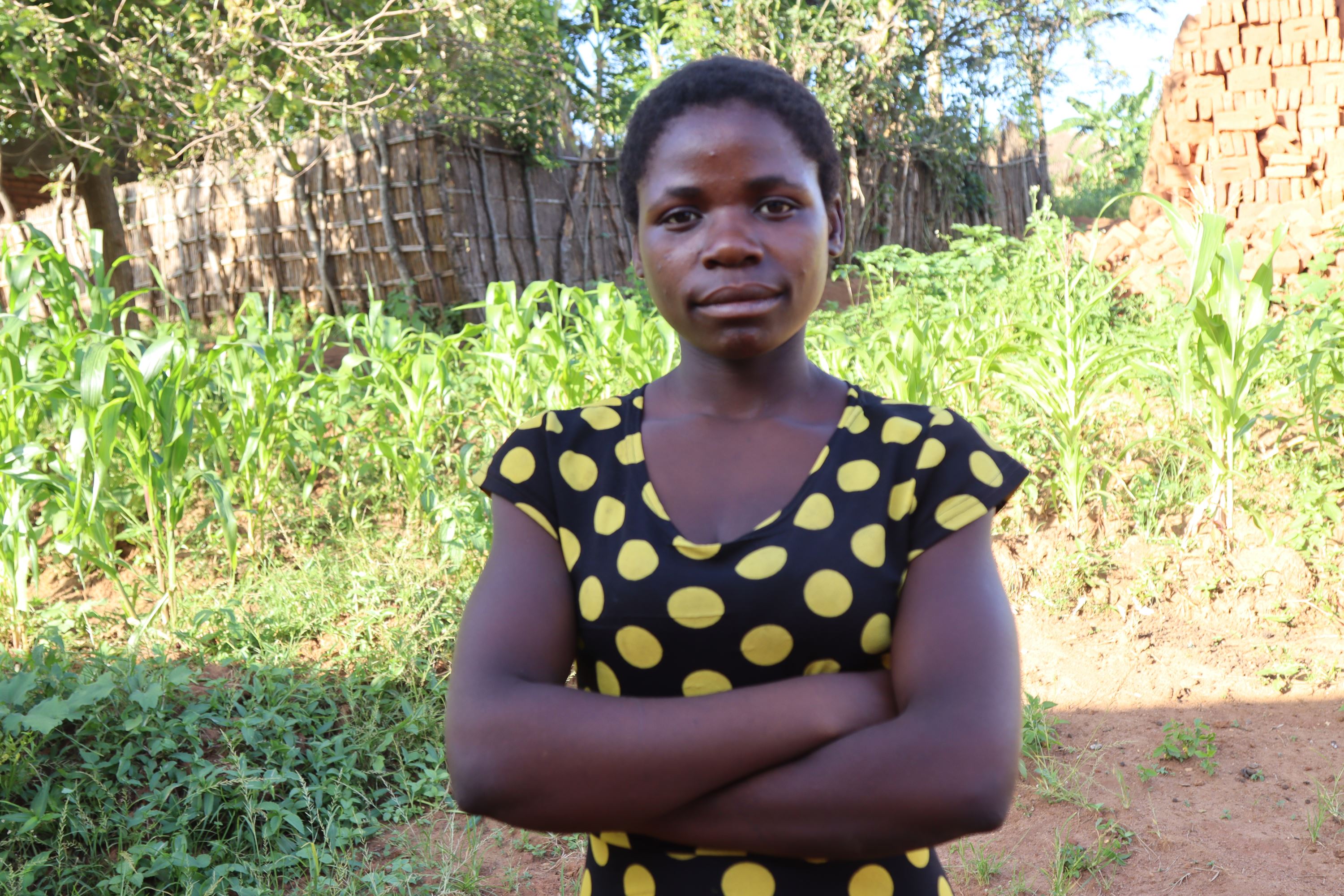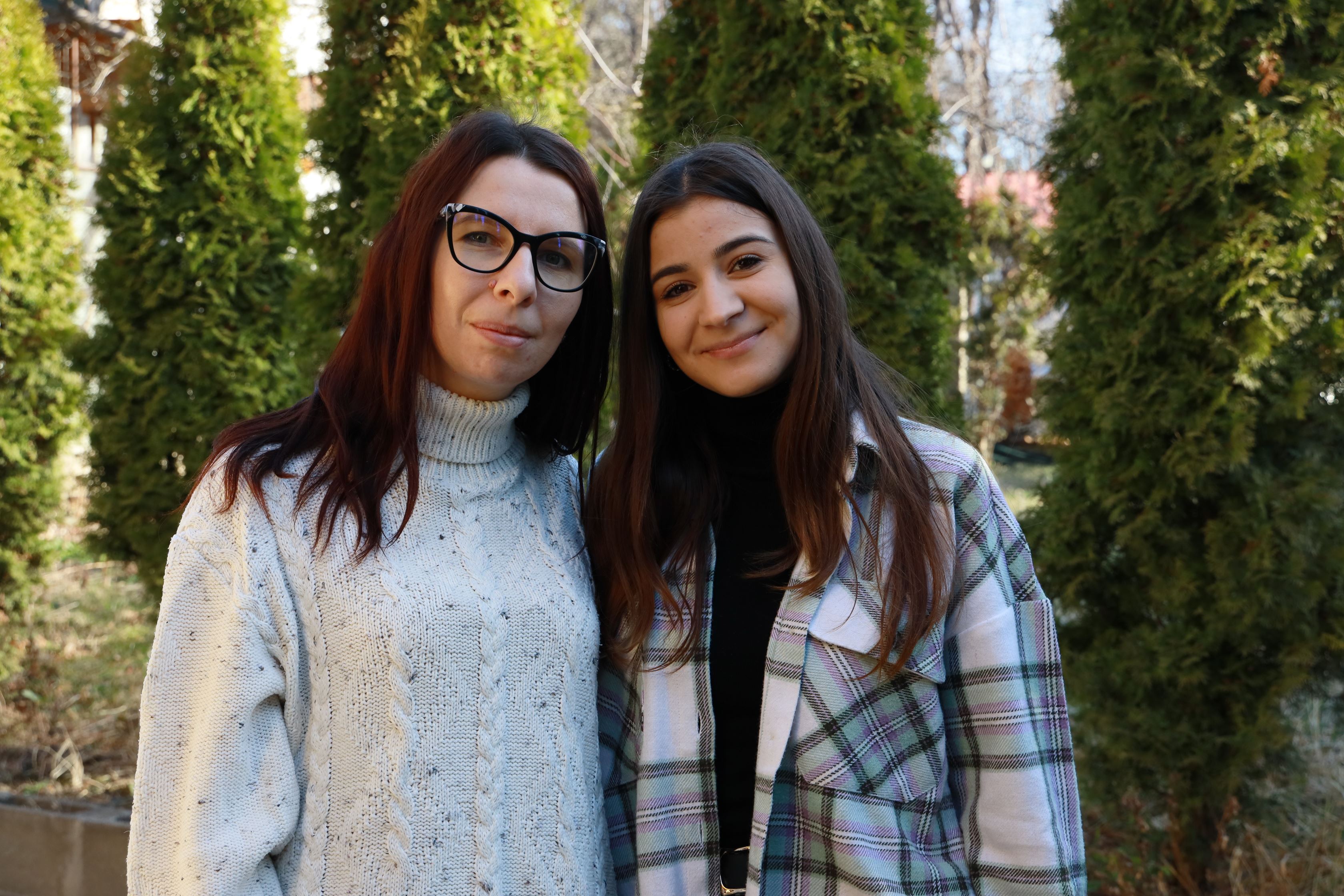Xa is only 14 years old, but for years, she could see her future: early marriage.
Both of her grandmothers married at age 15.
Her mother married at 17.
Xa lives in a village in the north-central region of Vietnam and belongs to the Vân Kiều people. In her culture, women are the breadwinners of the family, and at young ages, girls often follow their mothers to the fields to work from morning to night.
Once, her mother even had to go to the forest to chop down a tree for her job—even though she was pregnant and due very soon. Here, arranged marriages are still prevalent, and most girls, if they do get the chance to go to school, drop out early. By their early teens, many get married, have children, and start earning a living.
It's the way it’s always been. Marriage as a teen seemed inevitable for Xa. But change was coming.

